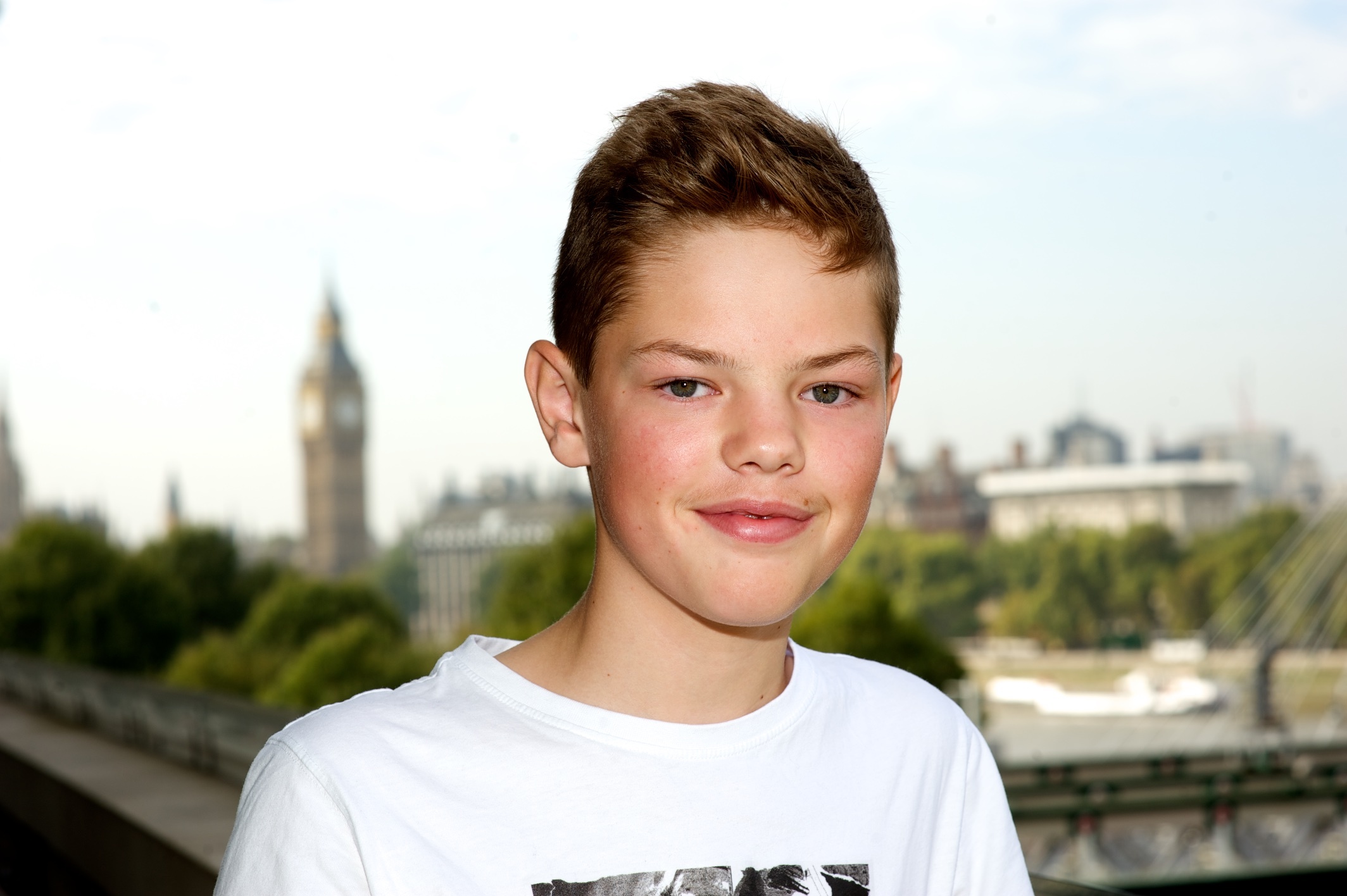A 13-year-old boy from a north-east village has been named as one of the world’s finest young poets – for the second year in a row.
Magnus Dixon from Cruden Bay was one of 15 winners of the Foyle Young Poets of the Year Award 2014.
The youngster was presented his awarded by children’s author Julia Donaldson MBE at a ceremony in London’s Royal Festival Hall on National Poetry Day, Thursday October 2.
This is the second win in a row for Magnus, who was one of the top 15 winners in 2013.
Judges Grace Nichols and Simon Barraclough chose Magnus – as well as winners from as far afield as Ohio and Pennsylvania – from thousands of entrants.
Barraclough said the winners were “impossible to ignore” and Nichols said their work had “hauntingly arresting” qualities.
The 15 chosen winners will be treated to a residential writing week at one of the prestigious Arvon Centres.
All the winning poets were also given book prizes, and become members of the Poetry Society.
In its 17th year, Foyle Award is now the largest poetry competition in the world with a record breaking 13,360 poems sent in by 7,603 young people from 78 different countries.
The competition is open to all young and aspiring poets aged between 11-17 and writing in the English language.
